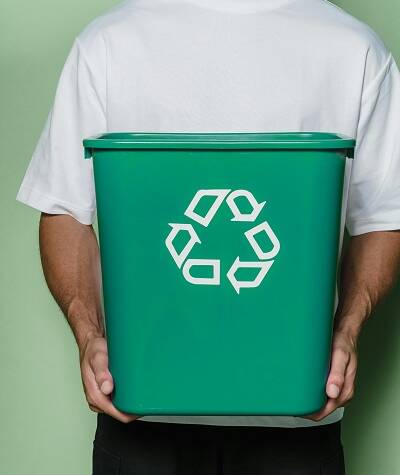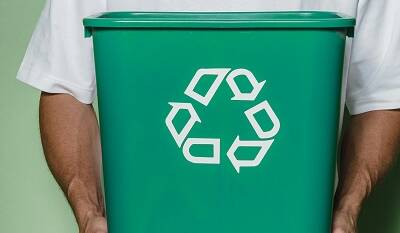
Recycling plays a vital role in reducing waste and conserving resources. Many communities offer Places to Drop Off Recycling for residents, making it easier to participate in sustainable practices. Knowing where to find these Places to Drop Off Recycling can enhance an individual’s commitment to recycling and help contribute to a cleaner environment. By utilizing these designated locations, individuals can take an active role in promoting sustainability.
Various organizations, municipalities, and private businesses typically establish recycling centers. Some locations may accept a broader range of materials than curbside pickup, including electronics and hazardous waste. Identifying these accessible drop-off spots can significantly increase recycling rates and ensure proper waste management.
For those looking to recycle effectively, it’s essential to research local drop-off options tailored to their needs. Many websites and community boards provide updated lists of recycling centers, including their hours of operation and accepted items. Engaging with these resources allows individuals to make informed decisions and actively participate in recycling efforts.
Identifying Recyclable Materials
Recyclable materials are categorized into several groups. By knowing how to identify these materials, individuals can ensure that they are correctly sorted and recycled. This knowledge contributes significantly to effective recycling practices.
Paper and Cardboard
Paper and cardboard are commonly accepted recyclable materials. Items include newspapers, magazines, office paper, and cardboard boxes. It’s crucial to ensure these materials are clean and dry before recycling.
Unacceptable items:
- Pizza boxes (grease contamination)
- Food packaging with coatings
- Shredded paper (can jam recycling machines)
Recycling tip: Flatten cardboard boxes to save space and facilitate processing at recycling facilities.
Plastics Identification
Plastics can be tricky due to various types. The most commonly recyclable types are indicated by numbers within a triangle on the bottom of the container.
Common recyclable plastics:
- #1 (PETE): Soft drink bottles
- #2 (HDPE): Milk jugs
- #5 (PP): Yogurt containers
Materials to avoid:
- Plastic bags (most facilities cannot process them)
- Plastic film (wraps and covers)
Recycling tip: Rinse containers to prevent contamination.
Glass and Metals
Glass and metal are highly recyclable materials with a well-established process. Clear, green, and brown glass bottles are typically accepted.
Metal recyclables:
- Aluminum cans (like soda cans)
- Steel food cans
Important considerations:
- Rinse before recycling to remove food residues.
- Keep lids on cans when recycling.
Keep out:
- Ceramics and glassware (not suitable for standard recycling).
- Metal hangers, which often cannot be processed.
Special Handling for Electronics
Electronics represent a unique category that requires special attention. Items like computers, TVs, and smartphones contain materials that can be harmful if not recycled properly.
Recyclable electronics:
- Laptops and desktop computers
- Tablets and phones
Important steps:
- Remove personal data before disposal.
- Check local regulations for electronic recycling programs.
Items to avoid:
- Non-recyclable electronics such as microwave ovens and appliances.
- Batteries that need separate handling.
Recycling tip: Look for designated e-waste drop-off events or certified e-waste recyclers in your area.
Local Recycling Programs and Drop-Off Points
Recycling options vary by location, and understanding them can enhance participation in sustainable practices. Communities often provide both municipal services and accessible independent centers for recycling.
Municipal Collection Services
Many cities offer municipal collection services that include curbside recycling. Residents typically receive designated bins for recyclables, which can include paper, plastics, metals, and glass. Collection schedules vary, but many municipalities provide weekly or bi-weekly pickups.
Residents should check with their local public works department to confirm what materials are accepted. Some areas may also provide educational resources to ensure correct sorting. Issues like overflowing bins can often be reported for timely collection.
Independent Recycling Centers
Independent recycling centers serve as additional drop-off points for residents. Unlike municipal services, these centers may accept a broader range of materials, including electronics and hazardous waste. Many operate as non-profits or community initiatives, encouraging local engagement.
It’s important for residents to verify the hours and the specific materials accepted at each center. Some places even offer incentives for recycling, such as cash for bottles and cans. A simple online search can help find the nearest center, along with directions and guidelines.
Copper Mining Stock: Insights and Trends for Investors
Investors are increasingly looking towards copper mining stocks as a strategic opportunity…









